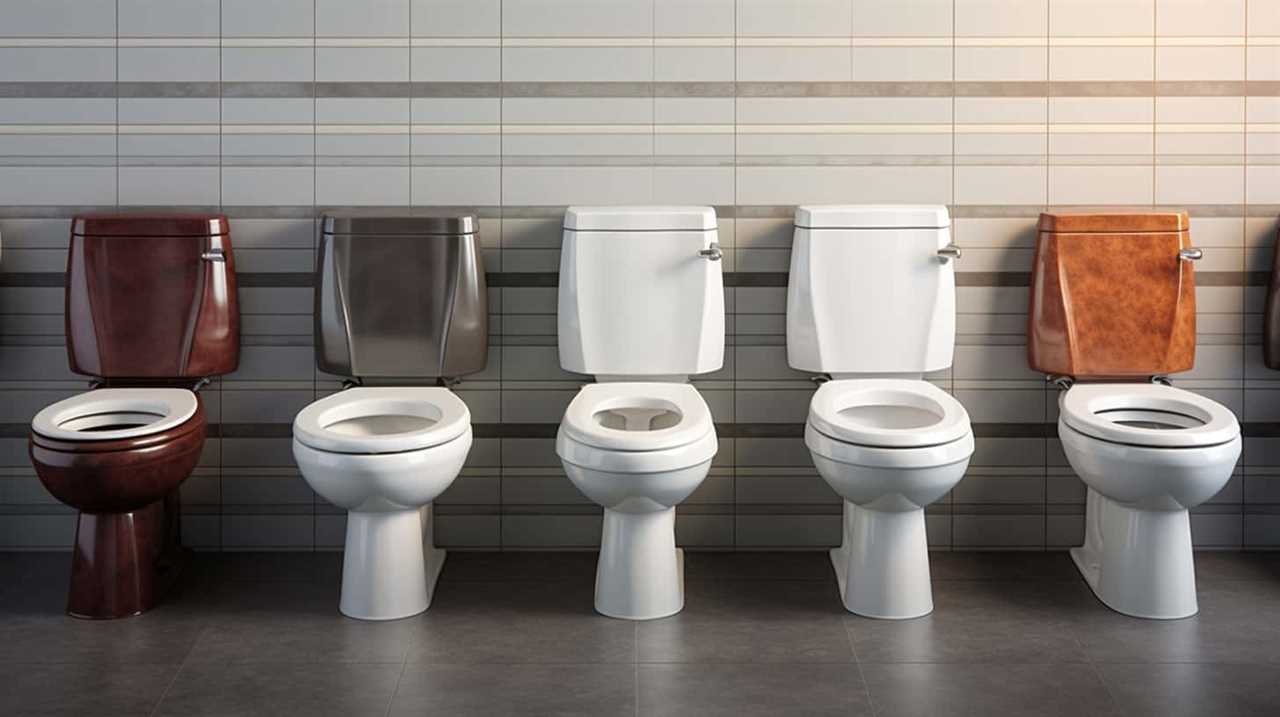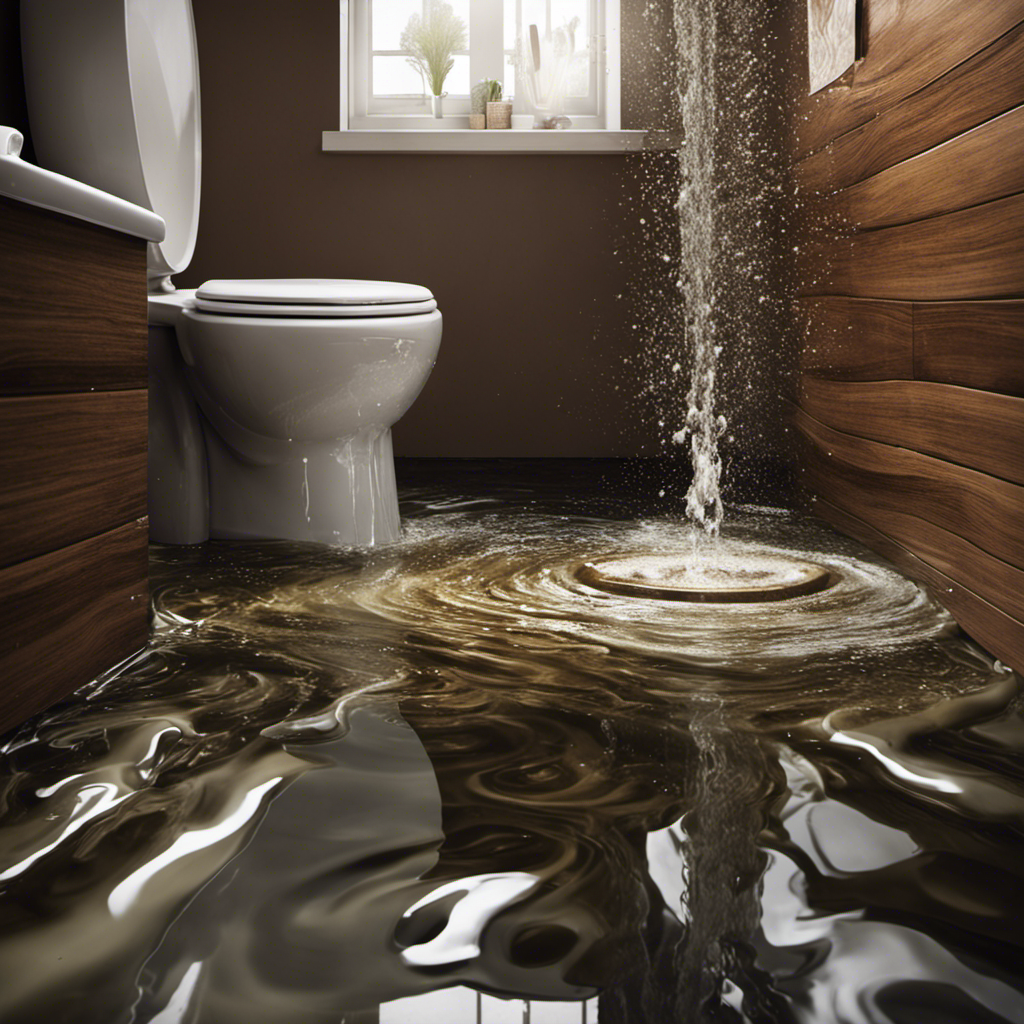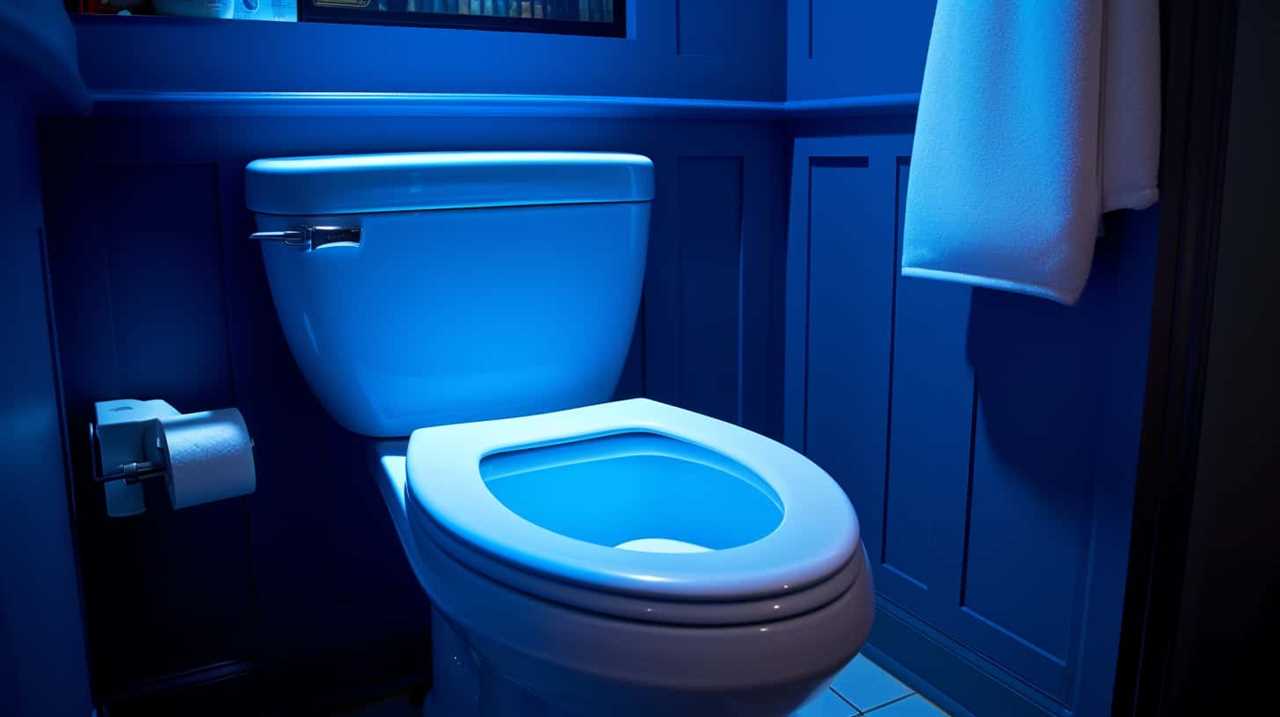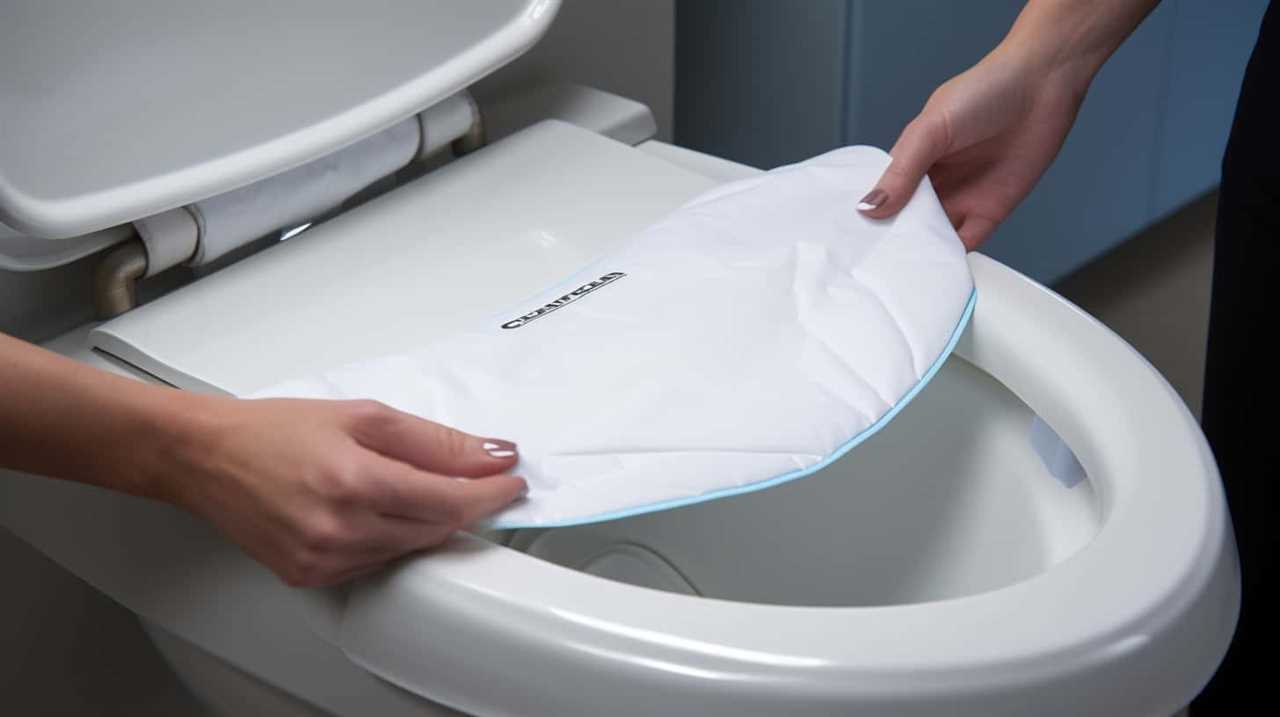Ever wondered why we can’t toss toilet paper into the toilet in Greece? Well, it turns out there’s a fascinating reason behind it.
You see, Greece’s aging sewage systems simply can’t handle the flushing of paper. With limited water flow capacity and fragile pipes, it’s a delicate balancing act to maintain the plumbing infrastructure.
Moreover, environmental concerns and conservation efforts play a crucial role in this practice.
So, let’s dive into the cultural norms and hygiene practices that shape this unique bathroom etiquette in Greece.
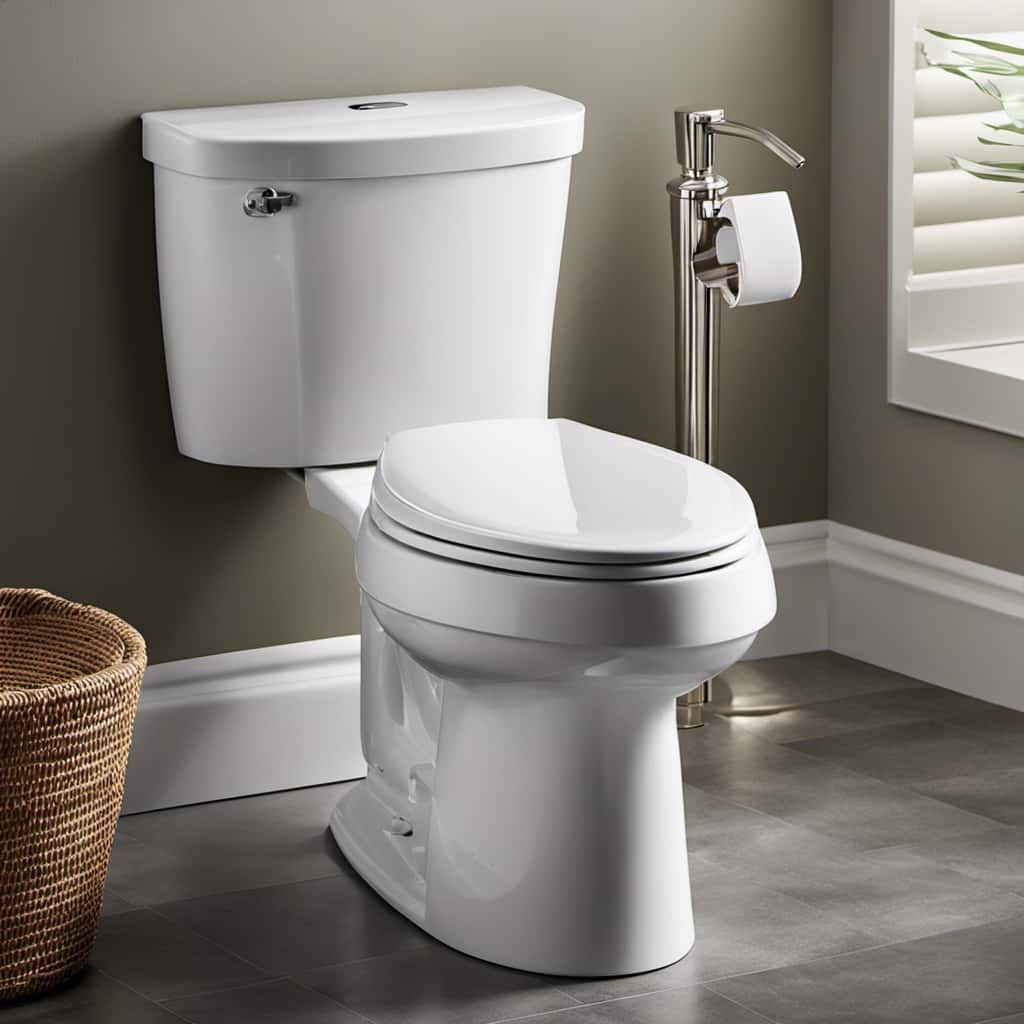
Key Takeaways
- Aging sewage systems and limited water flow capacity in Greece make it challenging to maintain and repair the infrastructure, increasing the risk of water contamination.
- Greece’s fragile plumbing infrastructure is not designed to handle the same volume as in other countries, leading to clogs, blockages, and costly damages if toilet paper is flushed.
- Greece prioritizes environmental concerns and conservation efforts, promoting sustainable waste management practices such as disposing of toilet paper in separate bins for recycling and conservation.
- Cultural norms and hygiene practices in Greece discourage flushing toilet paper, with signs requesting it to be placed in waste bins, and alternative methods like bidets, water sprays, or wet wipes commonly used.
Aging Sewage Systems
As we explore the issue of ‘Aging Sewage Systems’, it’s evident that maintaining the functionality of these vital infrastructures has become increasingly challenging.
One of the key challenges is the rising maintenance costs associated with aging sewage systems. Over time, these systems deteriorate and require frequent repairs and upgrades, which can be quite costly. This poses a significant financial burden on municipalities and governments, who are responsible for ensuring the proper functioning of these systems.
Additionally, aging sewage systems also pose public health risks. As these systems deteriorate, they become more susceptible to leaks, blockages, and overflows. This can lead to the contamination of water sources, increasing the risk of waterborne diseases and other health hazards.
Therefore, it’s crucial to address the maintenance needs of aging sewage systems to mitigate these risks and ensure the well-being of the public.

Limited Water Flow Capacity
Due to the limited water flow capacity, we can’t flush toilet paper in Greece. This is primarily due to the issue of water scarcity and the need to conserve water resources. The Greek government has implemented regulations to address this problem, including restrictions on flushing anything other than bodily waste down the toilet.
To emphasize the importance of conserving water, consider the following points:
- Water scarcity: Greece faces a significant water scarcity issue, with limited freshwater resources available. Flushing toilet paper only adds to the strain on these resources.
- Government regulations: In an effort to mitigate water scarcity, the Greek government has imposed strict regulations on water usage. These regulations prohibit the flushing of toilet paper to ensure that the limited water flow capacity isn’t overwhelmed.
As we delve further into the topic, we’ll explore the fragile pipes and plumbing infrastructure that contribute to this issue.
Fragile Pipes and Plumbing Infrastructure
Our experience with plumbing issues in Greece has highlighted the fragility of the pipes and plumbing infrastructure. The delicate nature of the system makes it unable to handle the disposal of toilet paper through flushing.
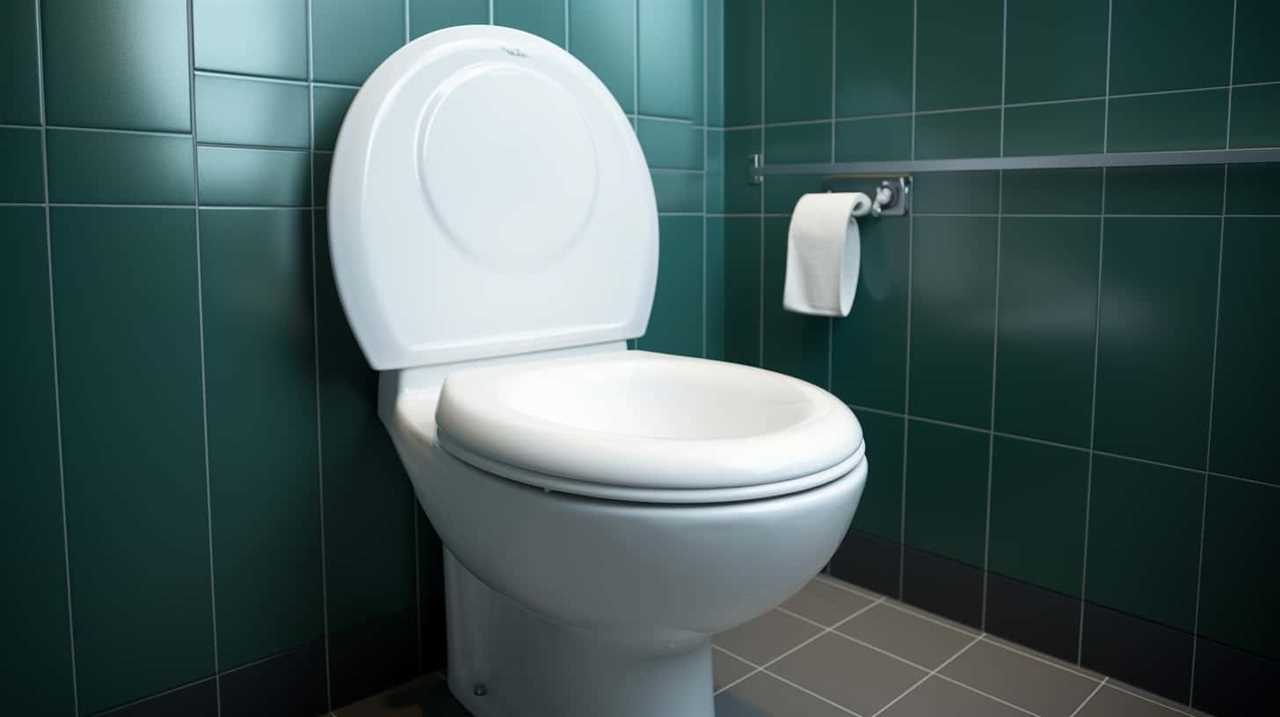
This may come as a surprise to tourists, who are used to flushing toilet paper without a second thought. However, in Greece, the pipes aren’t designed to handle the same volume and weight of waste as in other countries.
As a result, flushing toilet paper can lead to clogs and blockages, causing costly damages and inconveniences for both residents and businesses. To address this issue, many establishments provide toilet paper alternatives, such as bidets or bins, to ensure smooth plumbing operations.
It’s crucial for tourists to be aware of this practice to avoid any disruptions during their visit to Greece. Understanding and respecting the local plumbing infrastructure is essential for maintaining a positive impact on tourism and the environment.
Environmental Concerns and Conservation Efforts
To prioritize environmental concerns and conservation efforts, we must consider the impact of flushing toilet paper in Greece. Sustainable waste management is crucial in a country like Greece, where water scarcity is a pressing issue. Here are some key points to emphasize:
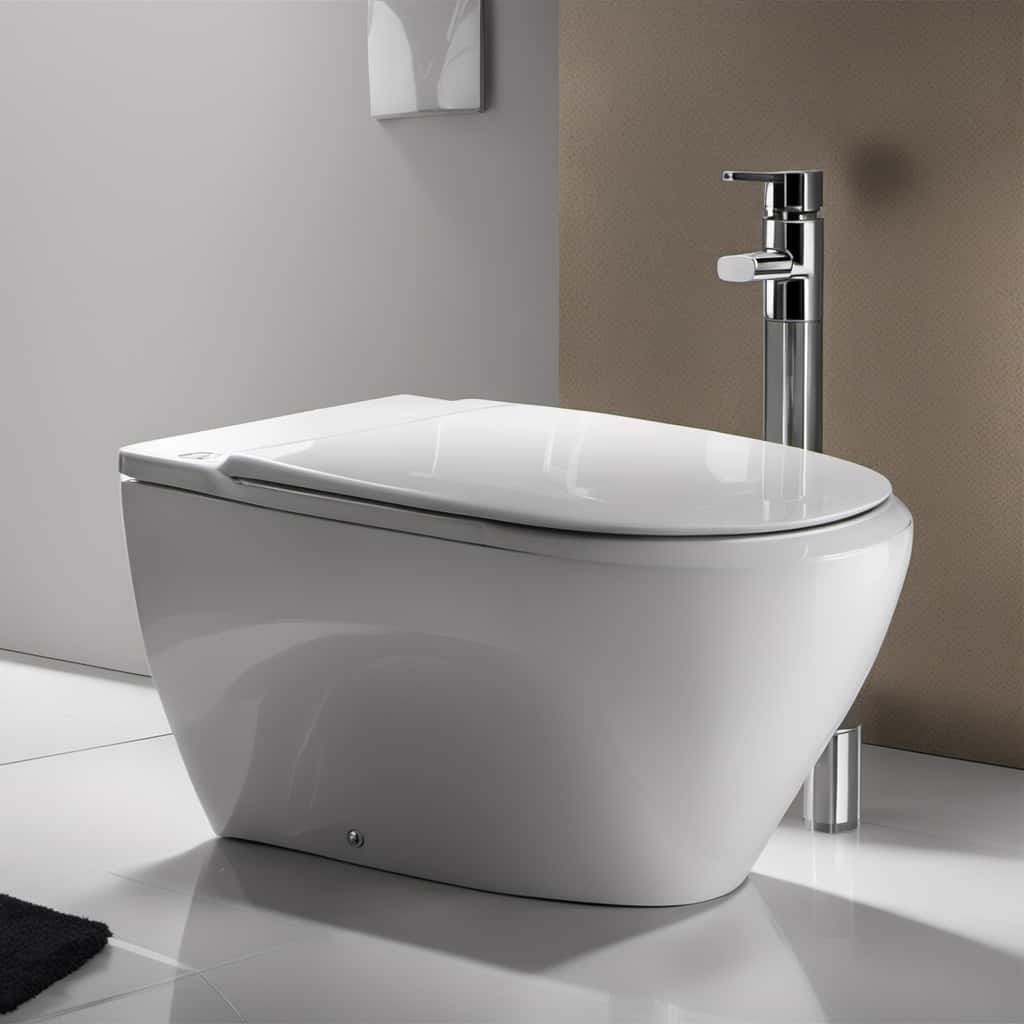
- Preserving Water Resources
- Greece faces water scarcity, making it essential to conserve water wherever possible.
- Flushing toilet paper increases water usage, exacerbating the problem.
- Sustainable Waste Management
- Greece is taking proactive steps towards sustainable waste management.
- By disposing of toilet paper in separate bins, the country can promote recycling and reduce strain on sewage systems.
Addressing these environmental concerns and implementing sustainable waste management practices won’t only protect Greece’s delicate plumbing infrastructure but also contribute to the conservation of precious water resources. It’s crucial for both residents and visitors to be mindful of their actions to ensure a sustainable future for Greece.
Cultural Norms and Hygiene Practices
Continuing our exploration of sustainable waste management practices in Greece, let’s delve into the cultural norms and hygiene practices surrounding toilet paper usage.
In Greece, it’s common to find signs in public restrooms requesting that toilet paper not be flushed but instead placed in a waste bin provided. This practice may seem unusual to some, but it has deep historical reasons.
Greece’s plumbing infrastructure is older and more delicate compared to other countries, which makes it prone to clogging. To avoid such issues, Greeks have adopted toilet paper alternatives such as bidets, water sprays, or wet wipes. These alternatives ensure cleanliness without putting strain on the plumbing system.
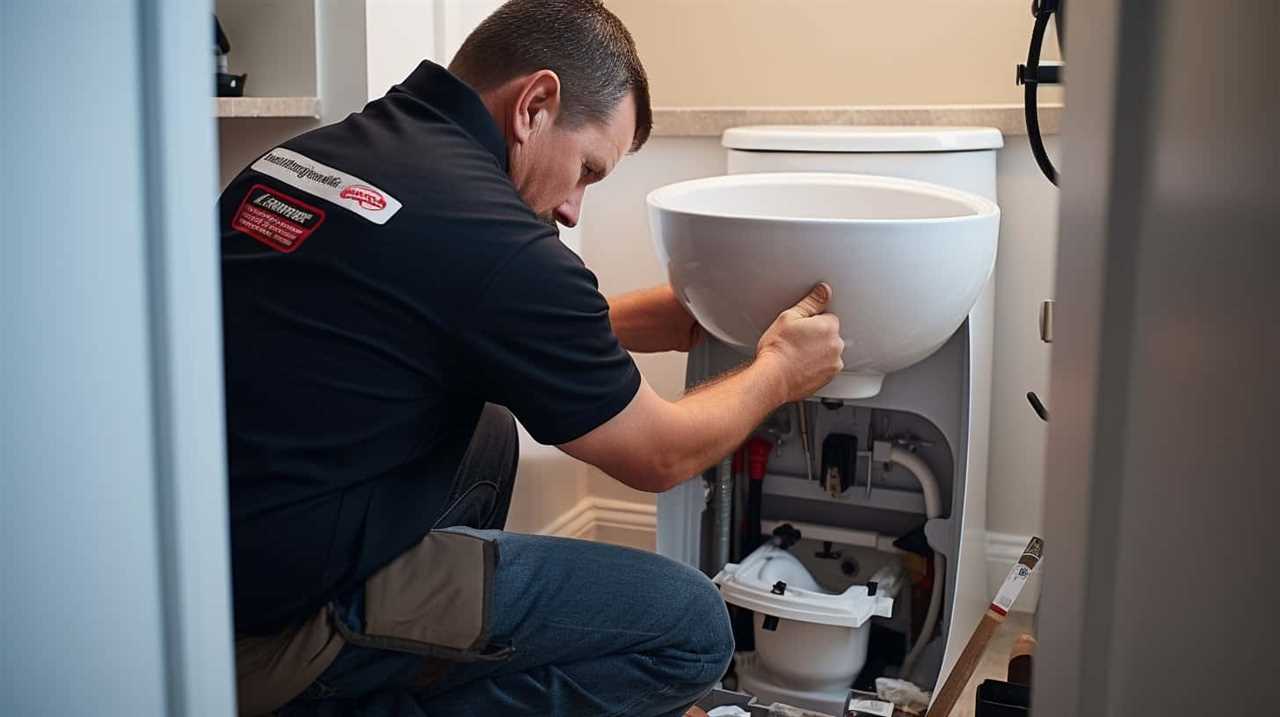
Understanding and respecting these cultural norms and hygiene practices is essential when visiting Greece to maintain a sustainable and harmonious environment.
Frequently Asked Questions
What Are the Consequences of Flushing Toilet Paper in Greece’s Aging Sewage Systems?
Flushing toilet paper in Greece can have dire consequences due to inadequate sewage systems and the impact of aging infrastructure. It causes blockages, overflows, and costly repairs. Proper disposal is essential.
How Does Limited Water Flow Capacity Affect the Flushing of Toilet Paper in Greece?
Limited water flow capacity in Greece, due to water scarcity and aging plumbing systems, affects the flushing of toilet paper. Excessive flushing can strain the already burdened infrastructure, leading to clogs and costly plumbing maintenance.
What Are the Risks Associated With Greece’s Fragile Pipes and Plumbing Infrastructure When It Comes to Flushing Toilet Paper?
Flushing toilet paper in Greece poses risks due to fragile pipes and plumbing infrastructure. Just like a delicate thread, these systems can easily break under the strain, causing clogs, backups, and costly repairs.

What Environmental Concerns Are Linked to the Flushing of Toilet Paper in Greece, and What Conservation Efforts Are Being Made?
Environmental impact and conservation efforts are closely linked to the flushing of toilet paper in Greece. To protect fragile pipes and plumbing infrastructure, we must understand these concerns and actively work towards sustainable solutions.
How Do Cultural Norms and Hygiene Practices in Greece Contribute to the Prohibition of Flushing Toilet Paper?
Cultural practices and sanitation standards in Greece contribute to the prohibition of flushing toilet paper. It’s important to understand these norms when visiting. Let’s dive into the reasons behind this unique aspect of Greek hygiene.
Conclusion
In conclusion, the inability to flush toilet paper in Greece is a result of various factors, including aging sewage systems, limited water flow capacity, and fragile pipes.
Additionally, environmental concerns and conservation efforts play a role in promoting alternative waste disposal methods.
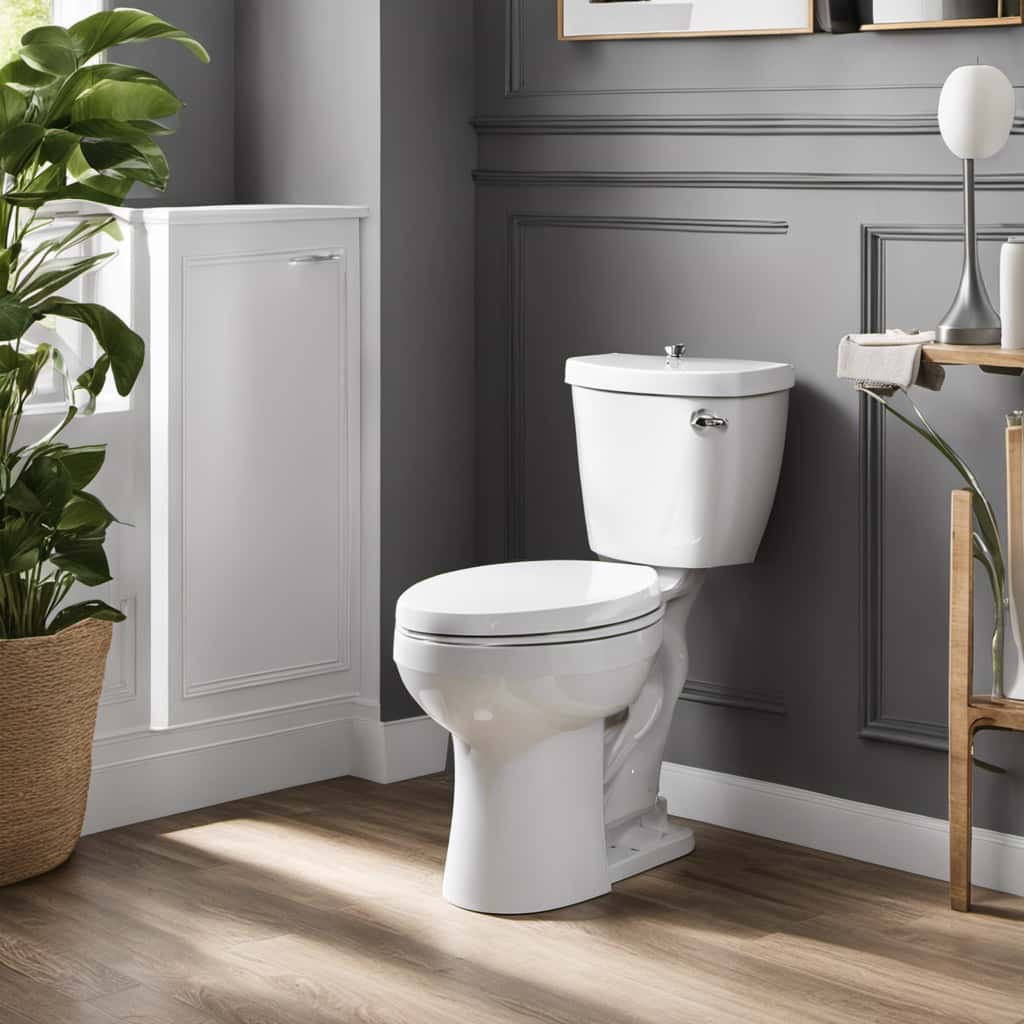
However, it’s important to understand that this practice isn’t unique to Greece, as cultural norms and hygiene practices vary worldwide.
Just like the delicate balance required to maintain a thriving ecosystem, Greece’s plumbing infrastructure requires careful handling to ensure its longevity.
